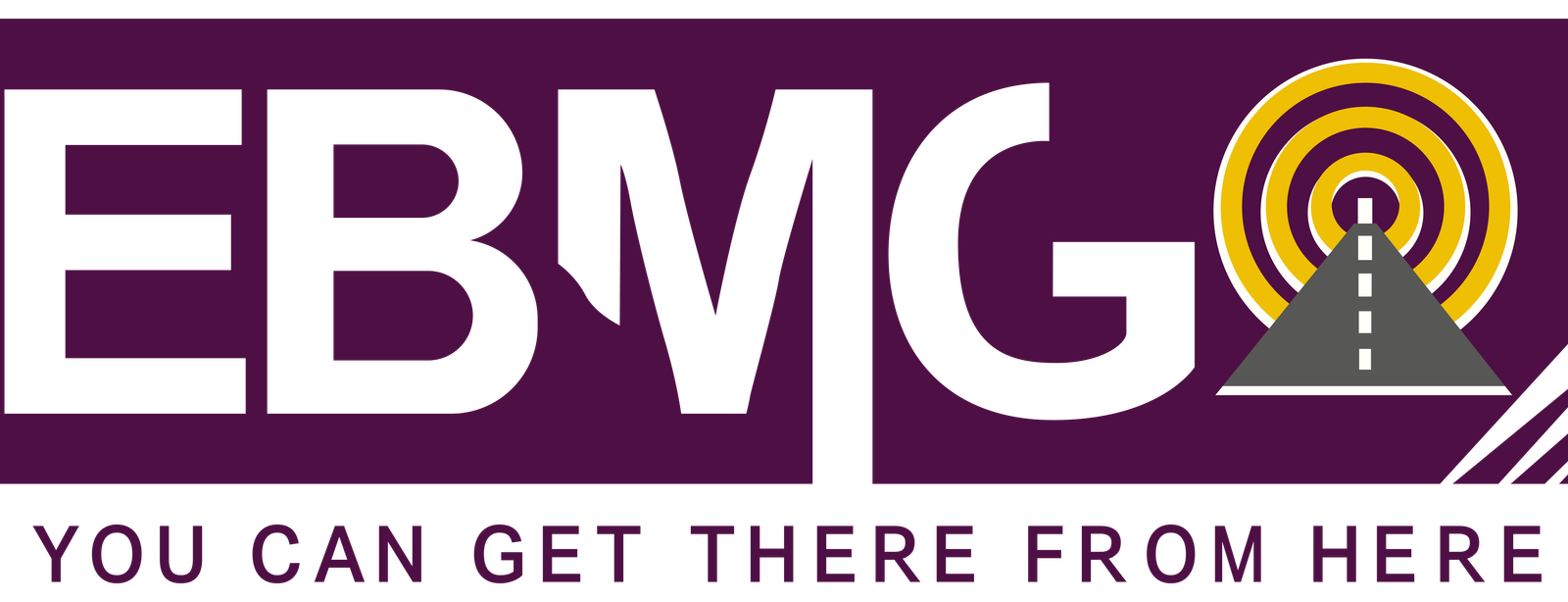Our Expertise, Your Advantage
Innovative Features Designed for Success
-
IRS-Compliant Strategies
Detailed, personalized tax plans that adhere to all current IRS regulations.
-
Tailored Income Solutions
Custom approaches for earned, passive, and portfolio income management.

What We Do
Solve Your Tax Frustrations
Our proven process addresses complex tax challenges by sourcing advanced, IRS-compliant strategies tailored to your needs. Whether you’re dealing with excessive tax burdens, inefficient financial structures, or missed opportunities, we can help you achieve clarity and measurable results.
Peace of Mind
EBMG's tax strategies adhere strictly to IRS regulations, minimizing audit risks and providing clients with the confidence that their strategies are effective and secure, ensuring comprehensive compliance.
Significant Tax Savings
High-net-worth individuals can drastically reduce their tax liabilities through EBMG’s tailored, IRS-compliant tax strategies, allowing them to retain more of their hard-earned income.
Increased Wealth
The more money we help you save on taxes, the greater your ability to invest in lucrative opportunities that grow your wealth, ensure your financial security, and build a lasting legacy.
Need To Know More?
FAQs
The path to retaining more wealth starts here. No matter your financial goals or challenges, EBMG has the expertise and strategies to help you reduce your tax liabilities and optimize your financial future.
We can work with any taxpayer with U.S. Federal or State income tax liabilities. Remote consultations are available with consideration for international time zones.
Abusive Tax Shelters vs. Legitimate Tax Strategies: A Brief Explanation and Comparison
- Definition
- Abusive Tax Shelter:
An abusive tax shelter is a scheme designed to evade taxes illegally. These transactions often lack economic substance and are structured solely to generate tax benefits without a legitimate business purpose. They typically violate IRS rules and can result in severe penalties for promoters and participants. - Legitimate Tax Strategy:
A legitimate tax strategy involves using provisions within the tax code to legally reduce tax liabilities. These strategies align with IRS regulations, have economic substance, and often promote activities the government seeks to incentivize, such as charitable giving, real estate investment, or renewable energy projects.
- Key Features
Aspect | Abusive Tax Shelter | Legitimate Tax Strategy |
Purpose | Avoiding taxes unlawfully | Reducing taxes lawfully through tax code incentives |
Economic Substance | Lacks real business purpose or economic activity | Demonstrates real business activity and intent |
IRS Compliance | Non-compliant, often concealed | Fully compliant with IRS rules and guidelines |
Documentation | Minimal or falsified | Transparent and thorough, including appraisals and tax opinions |
Risk of Penalty | High risk of penalties, audits, and criminal prosecution | Low risk if properly documented and executed |
- Examples
- Abusive Tax Shelter Examples:
- Inflated deductions with no real charitable or business intent.
- Circular transactions with no economic gain or loss.
- Sham entities are created purely to hide taxable income.
- Legitimate Tax Strategy Examples:
- Leveraged charitable contributions where donations align with fair market valuations and serve a genuine public good.
- Accelerated depreciation on real estate or equipment that is actively used in a business.
- Transferable tax credits are used to support renewable energy or economic development initiatives.
- Consulting and Ethical Implications
- Promoting Abusive Tax Shelters:
- Illegal and unethical. Professionals involved risk severe penalties, loss of credentials, reputational damage, and legal action.
- Consulting on Legitimate Tax Strategies:
- Requires due diligence to ensure compliance with IRS regulations. Tax consultants and advisors must document the economic substance and purpose of the strategies and provide ongoing compliance support to clients.
- How to Distinguish Between the Two
- Questions to Ask:
- Does the transaction have real economic substance beyond tax savings?
- Is the strategy supported by a tax opinion letter or third-party documentation?
- Does the IRS explicitly allow or incentivize this type of activity in the tax code?
- Is there full transparency with all parties involved?
- Red Flags for Abusive Shelters:
- "Guaranteed" large deductions or tax savings with little or no upfront investment.
- Lack of clear documentation or reliance on convoluted, opaque structures.
- No real economic or charitable benefit beyond the tax savings.
- Conclusion
Promoting abusive tax shelters is illegal and unethical while consulting on legitimate tax strategies provides value by leveraging the tax code to achieve financial goals lawfully. The key difference lies in compliance, transparency, and economic substance. Tax professionals must ensure they remain on the right side of the law by thoroughly vetting and documenting strategies to protect both themselves and their clients.
For questions about legitimate tax strategies, consult with a qualified tax advisor.
The IRS can decide to examine your return for any reason or no reason at all. The alternative investment and tax credit strategies we use are often novel and thus unfamiliar to the typical IRS examining agent. At best they will want to ask for more information; at worst they may initially disallow a tax strategy. Either way, we are prepared for it. Think of it like an open-book test. We already know the answers to the questions. Many times, we’ve already answered the same questions to the satisfaction of some other IRS agent. While we cannot guarantee how the IRS will ultimately rule, we can say with certainty that we have done everything possible to make it more likely than not that we will obtain a favorable outcome.



